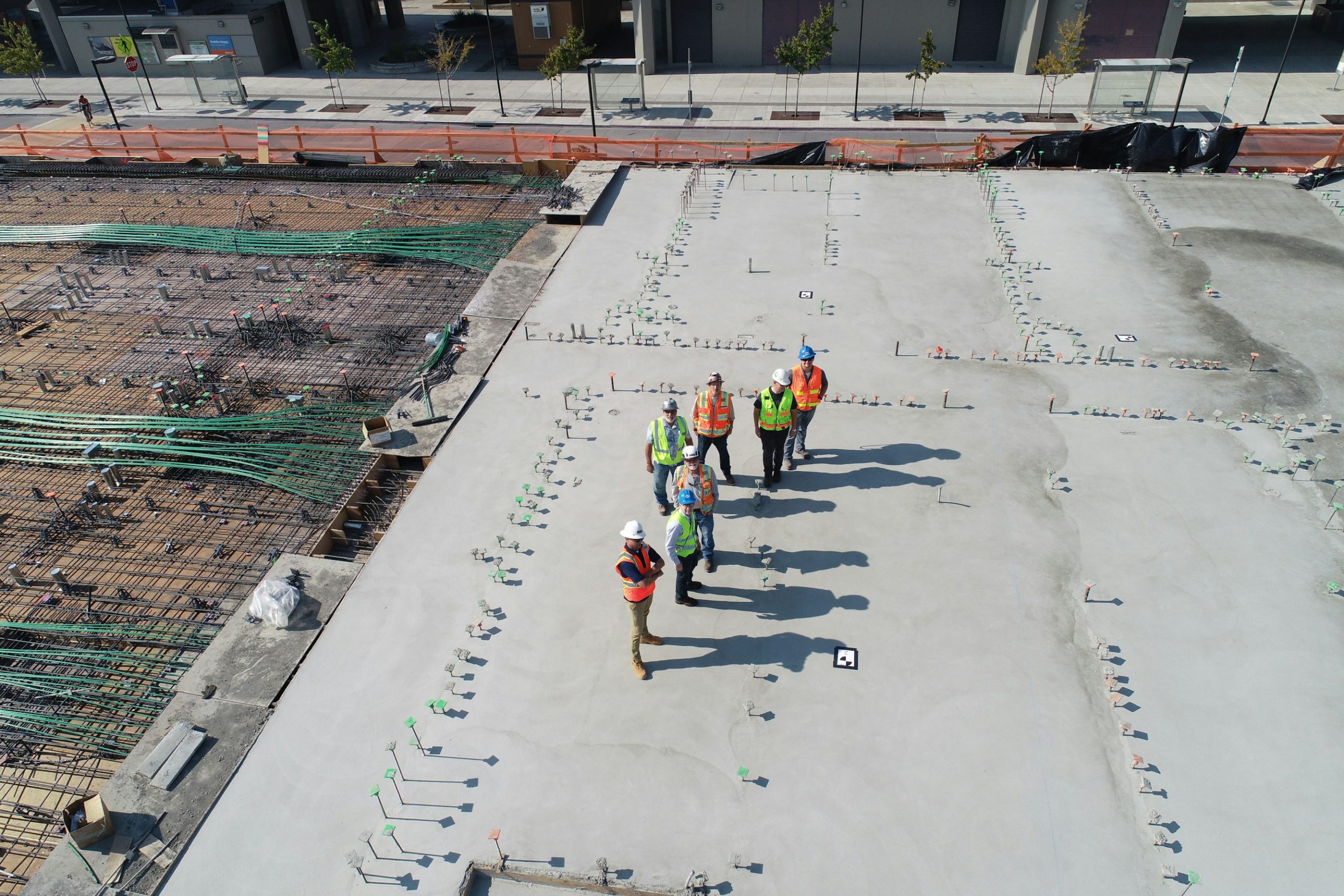How a Digital Audit Trail Helps with Authority Submissions
In the fast-evolving world of construction management, the importance of regulatory compliance and data integrity cannot be overstated. A digital audit trail is a vital component that supports these objectives, especially when it comes to authority submissions. By employing effective digital audit trail strategies, construction firms can enhance accountability, improve operational efficiency, and ensure compliance with numerous regulatory standards.
Definition and Purpose of a Digital Audit Trail
A digital audit trail is a comprehensive and immutable log that records every action, event, or change taken within a construction management system. It documents who performed specific actions, the timing of those actions, and modifications made to various datasets. This allows construction teams not only to maintain data integrity but also to comply with stringent regulations governing authority submissions.
Key Benefits for Authority Submissions
Ensuring Data Integrity and Accuracy
A robust digital audit trail captures all changes to documents and records, detailing who made these changes and when. This level of documentation is particularly crucial for authority submissions, where the accuracy of information is paramount. Without accurate records, the potential for non-compliance looms large, leading to costly fines or delays in project approval. In sectors such as pharmaceuticals, the compliance with regulations like FDA 21 CFR Part 11 mandates well-structured audit trails to uphold the integrity of electronic records.
Facilitating Regulatory Compliance
Regulatory compliance is fundamental across various industries, including construction. Audit trails serve as invaluable evidence of system integrity, which is essential for passing regulatory inspections. For instance, in construction, non-compliance can result in delays in project approvals and extensive financial losses. A well-maintained digital audit trail ensures that all components in a project meet stipulated standards and specifications, fostering trust from regulatory bodies.
Streamlining Audits and Inspections
Digital audit trails significantly simplify the audit process by providing a complete history of document handling and system usage. Auditors can easily navigate through these trails to verify the accuracy of submissions, thereby reducing the time required for audit processes. With automated audit trails that are searchable, audits can become less cumbersome, allowing construction project managers to focus on other critical aspects of the project.
Preventing Data Tampering and Fraud
In the construction industry, safeguarding against data tampering and fraud is crucial. A reliable digital audit trail tracks all actions and changes made to documents, helping identify any unauthorized changes or suspicious activities. This strengthens the legitimacy of authority submissions, ensuring that all documentation brought forth is accurate and complies with regulatory requirements. By using audit trails as a defense mechanism, construction managers can protect their projects against fraudulent activities.
Improving Operational Efficiency
Digital audit trails provide insights into the timing of activities that contribute to project workflows. By assessing this data, construction teams can identify inefficiencies or bottlenecks in their processes. Efficient audit trails make it easier to pinpoint issues, streamline operations, and enhance overall productivity—factors that play a vital role when preparing and submitting authority-required documents. Automation within jobsite management tools, like those provided by Zepth, can further improve these efficiencies, allowing teams to focus on strategic tasks.
Implementation and Best Practices
Secure and Automated Audit Trails
To safeguard the integrity of audit trails, access should be confined to authorized personnel only. Construction project management software should automatically generate and securely store each version of documents, thereby minimizing human error. Solutions like Zepth’s Document Register, equipped with automated version controls, ensure that all documents are easily accessible while maintaining a clear audit history.
Time-Stamping and User Identity
Every action in the digital audit trail must be accompanied by a time-stamped record. This includes details on all aspects such as document creation, modification, approval, and eventual retirement of records. It is crucial to also track the identity of users performing these actions, thus ensuring that unauthorized modifications cannot occur. The Zepth platform’s functionality extends to ensuring compliance with these specifications to facilitate precise tracking.
Regular Validation and Review
Those responsible for maintaining digital audit trails should conduct regular validations to ensure that their logs accurately capture the required information. Regular reviews can include assessment of compliance with the default logging mechanisms and continual updates to the auditing process as needed. This systematic approach ultimately fortifies the reliability of authority submissions and reinforces trust in document management processes.
Use Cases
Pharmaceutical Industry
The pharmaceutical sector relies heavily on digital audit trails to comply with stringent FDA regulations. Companies must validate each piece of equipment and maintain clear records to ensure adherence to standards. An effective audit trail provides necessary documentation to facilitate these validations, ensuring that all information submitted aligns with regulatory requirements.
Financial Transactions
In the construction sector, financial transparency is key. Digital audit trails play a pivotal role in documenting transactions, verifying the source of funds, and tracking any discrepancies. This transparency is particularly significant under regulations like the Sarbanes-Oxley Act, which emphasizes the need for independent audits and tight adherence to financial reporting standards.
How Zepth Can Help
As a leading construction management platform, Zepth seamlessly integrates digital audit trails into its suite of tools, enhancing compliance, security, and efficiency. Here are some notable benefits:
- Automated Workflows: Zepth’s construction project tracking software automates workflows, ensuring that actions and changes are recorded in time-stamped formats, which maintains data integrity.
- Access Control: With secure access controls, Zepth ensures that only authorized personnel can modify documents, lowering the risks of fraudulent changes and maintaining data authenticity.
- Centralized Platform: Zepth provides a centralized hub to manage documents, approvals, and transactions, simplifying the audit process significantly and making authority submissions more manageable.
- Operational Efficiency: By automating routine tasks and providing real-time insights, Zepth helps construction companies identify and resolve inefficiencies, crucial for keeping projects on track.
For more information on how Zepth can support your construction management needs, including the integration of digital audit trails, visit Zepth’s website.




